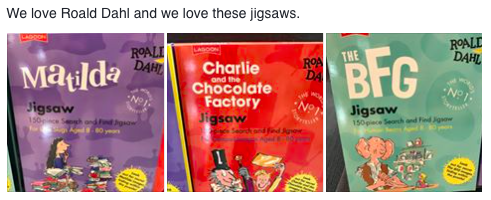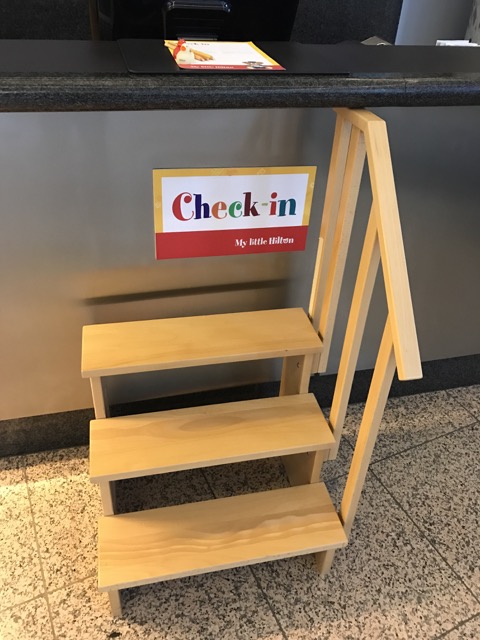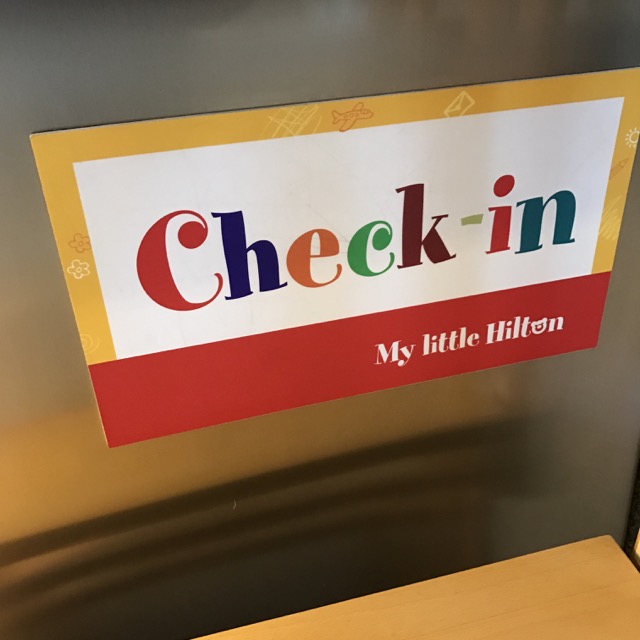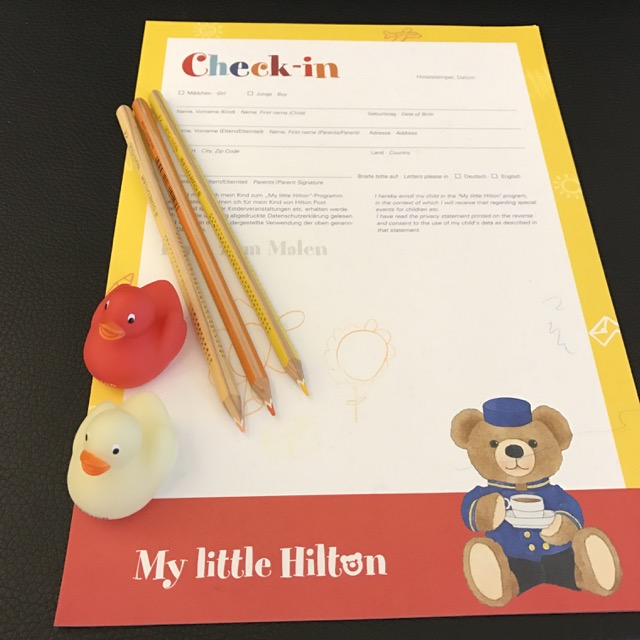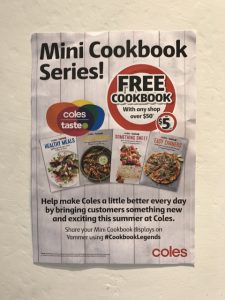The December 2016 quarter was dreadful for traditional newsagency businesses with challenging declines impacting all key traffic generating categories.
The headlines, however, from the December quarter, are the extraordinary results achieved by some who shared their data:
- A third of participating newsagency businesses doubled gift sales in the December 2016 quarter compared to 2015.
- The most successful newsagency in gifts did over $100,000 in gift sales the quarter. This is a regional newsagency in a high street situation.
- The most successful newsagency in the plush category did over $70,000 in plush revenue in the quarter.
- The most successful newsagency in GP shift moved from a business average GP of 29% to 36% in the quarter comparing 2016 with 2015.
- One business achieved $10,000 in online sales in the quarter.
- The most successful newsagency overall achieved a 24% increase in revenue in the quarter compared to 2015.
These are good stories. There are plenty of them.
So, while the headline numbers below will concern plenty, there is good news to read and good news to create.
For this study, I have looked at data from 171 newsagencies – large and small, city and country, shopping centre and high street and from all Newspower, the various versions of Nextra and newsXpress as well as independent.
Overall, Q4 2016 delivered better results than Q3. Here are the overall results:
- Customer traffic. 67% of newsagents report average decline of 2.6%.
- Overall sales. 63% reported an average revenue decline of 3.6%.
- Basket depth. 65% report a 1.2% decrease in basket size.
- Basket dollar value. 67% report a decrease in basket value of 2.1%.
- Discounting. 27% of respondents use a structured loyalty offer such as points or some other discount.
Benchmark results by key departments:
- Magazines. 78% report an average decline in unit sales of 11.7%. Previously strong categories such as motoring, food, women’s weeklies, women’s interests and men’s interests led the charge. Crosswords, special interest and crafts are the best performing categories.
- Newspapers. 81% report average decline in over the counter unit sales of 11.6%. The numbers in city based businesses are dreadful.
- Greeting cards. 52% of report average revenue increase of 2%.
- Lotteries. 58% of those with lotteries report average decline of 2% in transactions.
- Stationery. 85% of newsagents report a decline, with an average of 2.7%.
- Ink. 22% of stores report ink separately. Of these, 51% reported increase of 2%.
- Gifts. Of the 72% with gifts, 74% report average growth of 6.9%.
- Tobacco. Of the 44% with tobacco, 85% report an average decline of 11%.
- Confectionery. Of the 51% with confectionery, 60% report an average decline of 4%.
- Toys. Of the 16% with toys, 780% report growth of 6.7%.
Every year on year comparison report I have looked at has its own story. It reflects not only the challenges of small business retail but also the challenges of product categories, local challenges, owner challenges and more. The comparison data is a narrative for the business.
The number of newsagency businesses I see being run as victims of circumstances is concerning for them and for the channel. I am seeing too many traditional newsagencies, still. This has to stop if our channel is to have a future.
The benchmark dataset includes reports from businesses revealing tremendous transformation, reports filled with good news. This good news is not luck or good fortune. No, the good news is a result of business owners acting to pursue this future.
The excuse of our area is down or our street is down does not cut it any more as we have the capacity to easily reach beyond our street or suburb. Thanks to free access to social media and the lower than ever barrier to online sales, newsagents can sell outside their area. The idea of a territory is long gone.
You have to ask yourself daily, what have I done today to reach a new shopper, someone who does not know we exist? This is what successful businesses in the benchmark study are doing and doing well.
It is hard work in retail today and it will get harder. The response has to be practical, it has to come from within the business.
DOES THE NEWSAGENCY CHANNEL HAVE A FUTURE?
While I think the channel as people knew it in the past does not have a future, businesses we identify as newsagencies do have a future. I think engaged marketing groups will drive this as will entrepreneurial newsagents.
The most important change that could immediately help is for magazine publishers to treat newsagents as magazine specialists. They could do this by getting out of supermarkets and elsewhere. This would drive newsagent support in return for the boost in traffic. It would be a win win.
AGENCY IS OVER.
Some years ago there was a hope by some that parcels would save the channel. They have not. They are a fractional service delivering traffic of no value beyond the parcel connection.
My opinion remains – newsagents are better off out of the parcel business just as they are better off out of agency business.
OPTIMISTIC.
I am optimistic for my own newsagency businesses and for the businesses of many newsagents. Thoughtful changes based in business data and implemented with joy can attract new shoppers. The right products can bring people back to the business regularly. New customer bases can be found, valuable customer bases where we rely less on competing with supermarkets and others.
Good retailers can make a bright future.
HOW TO USE THESE RESULTS
Look at your own situation. Compare your year on year results with those detailed here. If you are doing worse, act. If you are doing better, celebrate briefly and then get back to it.
There is no time to lose. We are in a period of extraordinary change and challenge on many fronts and the best way to confront change and challenge is to lean in and bring it on.
The business owners of any newsagency are the single most important influence on their results.
WHY I DO THIS STUDY
My interest in the study is as a newsagent and as a supplier to the channel through Tower Systems and through newsXpress. I want the channel to grow for selfish reasons and because it has been my life since 1981. I am invested.
BENCHMARK GOALS
I am often asked for benchmark goals newsagents ought to aim for. Here are some benchmarks I have developed in my work with newsXpress and through Tower Systems:
- Gross profit: this is the goal gross profit for all product sales not taking into account any revenue or costs related to any agency business. The traditional newsagency average sits at 28% to 32%. For a newsagency focused on the future, the goal has to be at least 45%.
- Ratio of Gift revenue to Card revenue: 50% minimum. The goal ought to be 100% or more. If you do $100K a year in cards, target to do $100K in gifts, or more.
- Revenue per employee – $250 an hour minimum not including agency revenue. This is a contentious KPI. If you think it is not for you, work the numbers back and see what your number needs to be based on each labour hour in the business.
- Revenue PSQM $4,500 – $8,500 depending on country vs. city / high street to shopping centre and depending of product mix. Higher GP lower revenue required.
- Overall revenue mix percentage targets: Cards: 25%; Gifts/toys/plush: 25%; Stat: 10%; magazines/newspapers: 20%; other: 15%.
- FLOORSPACE ALLOCATION: Cards: 25%; Gifts/toys/plush: 25%; Stat: 8%; magazines/newspapers: 15%; other products: 15%; office/back room / counter: 12%. It’s rare you make money from an office or store room.
- Mark-up goals: Stationery: 125%; Gifts 110%; plush: 110%.
- Occupancy cost: between 9% and 11% of revenue where revenue is product revenue plus commission from agency lines. Location and situation are a big factor in this benchmark. For example, a large shopping centre business will have a higher cost than a high street situation.
- Labour cost: between 9% and 11% of revenue where revenue is product revenue plus commission from agency lines. Labour cost should include fair market costs for all who work in the business. (See above).
Tower Systems serves in excess of 1,750+ newsagents with best practice newsagency software.
Mark Fletcher
M | 0418 321 338
